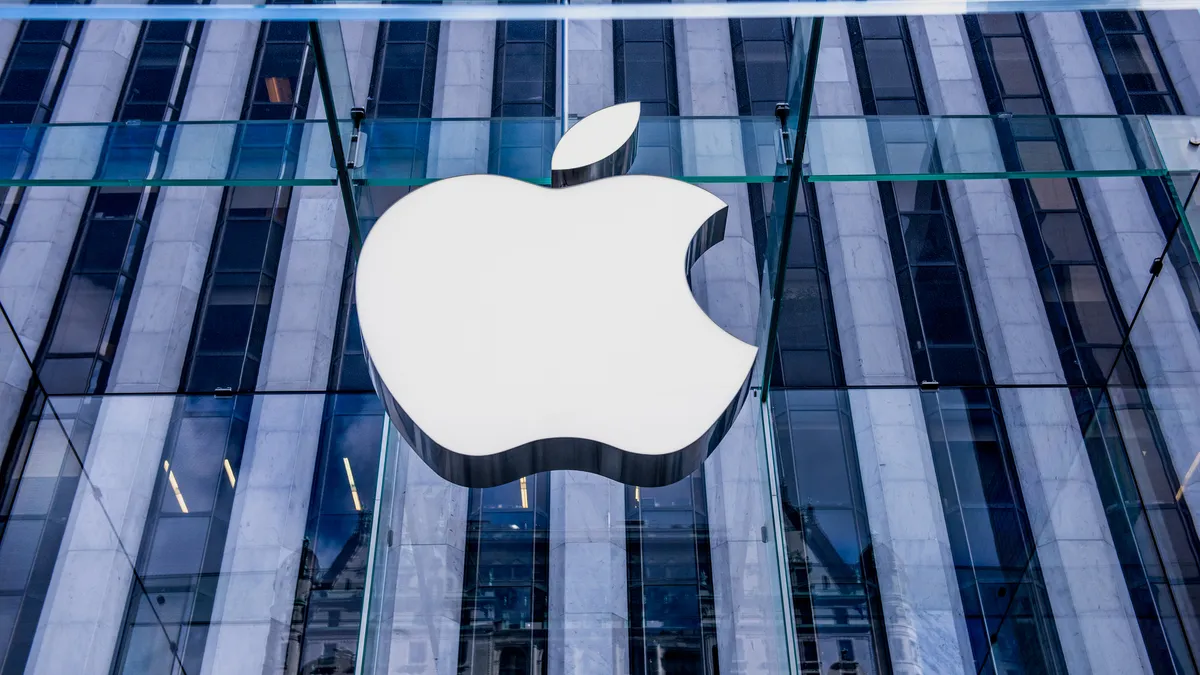The battle between Apple and the federal government over the company's refusal to create what they call a "backdoor" into the iPhone operating system shows no signs of cooling off anytime soon.
Last week, Apple filed documents in court asking a judge to throw out the order demanding that the company assist the FBI.
Meanwhile, a growing number of technology companies are rallying behind Apple, maintaining that encryption is absolutely necessary to preserve privacy rights. Both Microsoft and Google announced they would stand behind Apple and plan to file an amicus brief this week. Twitter and Facebook are expected to join that effort.
"I don’t think requiring backdoors with encryption is either going to be an effective way to increase security or is really the right thing to do," Facebook CEO Mark Zuckerberg said on stage at Mobile World Congress. "We’re sympathetic with Apple. We believe in encryption; we think that that’s an important tool."
At this point, the debate between Apple and the FBI largely relates to consumer privacy. But companies share data all the time, so the outcome of the current battle could affect all kinds of other businesses, said Don Aplin, Bloomberg Law Managing Editor for Privacy and Data Security.
"The resolution of the FBI v. Apple tug of war may have serious consequences for companies that share data with each other in a business relationship," Aplin said. "There are hardly any companies that aren’t engaged in data sharing of some sort with third party companies, such as vendors and contractors."
As companies share data, information from one enterprise can show up in another's database, "so access to one company’s data may well allow access to intermixed information from other companies," Aplin said. "In a Big Data environment, the risk of exposing intermixed data is conceivably more acute since the databases are so large."
Enterprise implications
A single request from the federal government to access an iPhone could have a far reaching ramifications. If authorities want to access a company's database, they could potentially gain entry to a depository of data from a wide range of companies.
In addition to data liability issues, the encryption debate has the potential to curb companies’ ability to leverage Big Data analytics in innovative ways that enable them to do things like develop new products or compete more effectively.
That’s because if Apple wins the battle, it could further promote the use of encryption, which is already on a steep growing curve. Industry experts say the majority of mobile network traffic will soon use encryption, and that means rather than finding a trove of Big Data to work with, companies could instead see their networks fill up with unrecognizable, encrypted data.
Organizations' access to Big Data might change, but many companies are moving to release large amounts of data for research to help grow advancements in machine learning.
See Also: 4 enterprise technology trends for the second half of 2016
Ultimately companies want to protect their mobile apps and any data from customers they might contain. So, even though it may have its drawbacks, companies are aligned with promoting encryption.
"One of the most important security issues for CIOs to focus on is protecting mobile applications," said Andrew Blaich, a lead security analyst at Bluebox Security. "As the enterprise continues its shift toward the convenience of mobility, mobile apps are becoming a critical and trusted touch point between an enterprise and its customers and partners."
"CIOs must prioritize protecting their mobile applications or they put their organizations at risk of losing revenue or taking a significant brand reputation hit," Blaich said.













